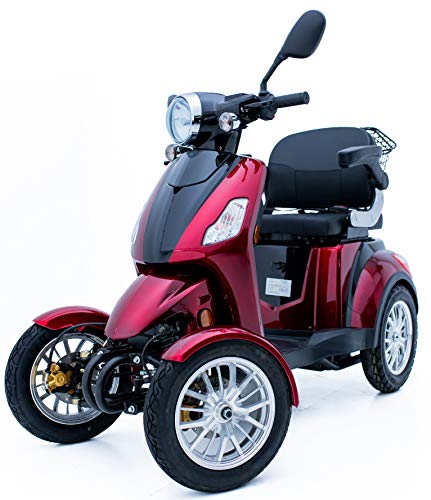5 Laws That Will Help Those In Personal Transportation Industry

What Is Personal Transportation?
Private transportation is the use or private vehicles for transportation. This can include bikes, cars or scooters as well as unicycles. It can also refer to the use of public transit systems.

Private transport is a great option to reduce time and get to where you need to go. Additionally, private transportation is more comfortable and provides privacy that's not offered on public transportation.
Cost
Many families find that the cost of personal transport is a major expense. It can make it difficult to save money or invest in other areas of their lives. Fuel can be an expensive expense. There are methods to reduce the cost of transportation.
Despite all these advantages, many people still prefer private transport to commute. They believe it is the most convenient and comfortable way of moving around. Some prefer to travel with their own chauffeur. This type of transport may be more expensive than public transport however, it can provide more security and comfort.
As EVs benefit from advances in battery technology as well as charging infrastructure and other areas the future of personal transport is likely to be electric. EVs are also more accessible and will produce less pollution than traditional vehicles. This will make it easier to switch from gasoline to EVs. This will decrease GHG emissions as well as traffic congestion.
The advantages of public transport are numerous and are an excellent alternative to private transport. Mass transit is more affordable and environmentally friendly than private vehicles. Moreover, it provides a lot of convenience and is often equipped with security cameras to ensure the safety of passengers. It also helps passengers avoid parking fees and maintenance. The biggest drawback of public transport is that it can sometimes be unreliable and slow. It can also be difficult to travel with elderly or children people. This can result in delays and missed medical appointments.
Time is an important factor.
The time required to complete a personal transportation task can have a negative impact on people's lives. People who have a busy schedule often find that commuting takes too long. It is possible to cut down on the amount of time they spend commuting by carpooling or working from home, or living near to their job. You can also cut down on time by walking or riding bikes instead of driving.
The advancement of technologies could transform personal transportation. click through the up coming article includes electric vehicles that have solid-state batteries that permit longer ranges and faster charging times. These technologies can also improve safety and reduce traffic congestion by optimizing traffic management. Another important improvement is autonomous vehicles that offer more convenient and comfortable journey. They can even help individuals maintain their fitness by keeping them moving.
You can also find more about Privacy.
Privacy is a fundamental aspect of personal travel. People who value privacy prefer to travel in private vehicles instead of using public transport such as trains or buses which are shared with strangers. Furthermore public transportation is frequently perceived as less safe than private transportation which could affect the safety of passengers. This can be especially true for elderly people who are more susceptible to concerns about safety.
Lack of privacy is also an issue for those who travel with their children. Children may be stressed due to having to share space with other passengers. This can cause behaviors such as aggression and hyperactivity. Parents are increasingly opting for private transportation to ensure their children's privacy. This reduces the stress associated with transporting children and the time spent in commuting. This will help you save money on childcare costs.
Convenience
Using personal transport is a vital aspect of daily life, but the decision you make will have a significant impact on your health and well-being. Before deciding on the most appropriate mode of transportation for your needs it is crucial to weigh up the pros and cons.
Some people prefer public transportation because it is less expensive and requires less maintenance than private transport. Furthermore it has a lesser environmental impact since it doesn't emit as much carbon dioxide per person. You can also save on fuel and parking costs, and have more convenience and flexibility during your daily commute.
Public transport can be unreliable and come with some risks. You could be at risk of being a victim of crime or not be able to reach your destination on time due to mechanical or weather issues. Numerous train and bus routes can be jammed and make it difficult to move around.
Private transportation, however, is a great alternative to travel around in comfort and in complete privacy. It's generally faster than public transportation, and you can avoid crowds by travelling in a private car. It is also more efficient than driving a car since it allows you to choose your own route and stop.
Despite these advantages, most people still prefer to use their car as their primary means of transportation. It could be due to the fact that they are more comfortable or have a greater value. In the near future we could see an important shift in personal transportation as electric vehicles (EVs) become more affordable and easy to charge.
Researchers at MIT conducted an experiment to find out the factors that influence people's modal choices. They discovered that although the safety aspect is important but it doesn't play a major role in determining modal choice. The most important factors were accessibility of speed, cost, and availability. This is similar to previous studies on the choice of modal and will likely to continue in the near future. In addition, a new battery technology, that uses solid state batteries, could further improve the efficiency of EVs which will allow them to travel further with the same amount of power.
